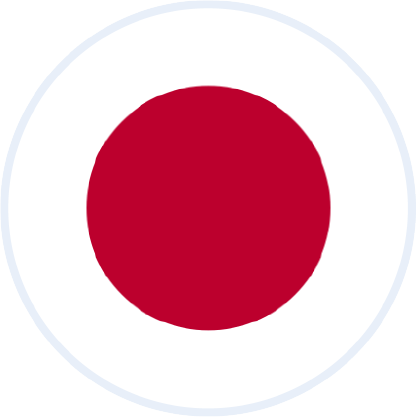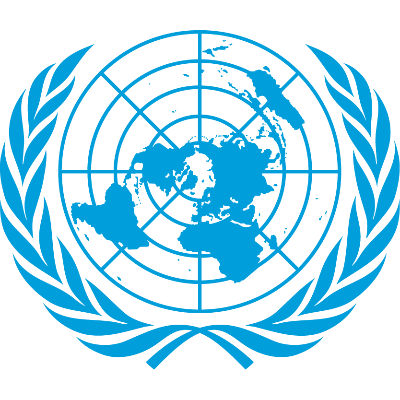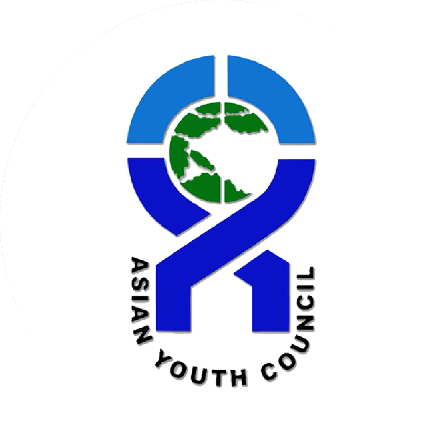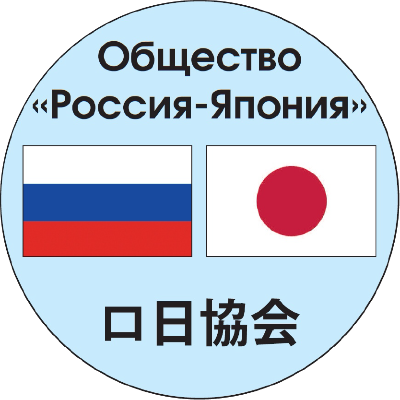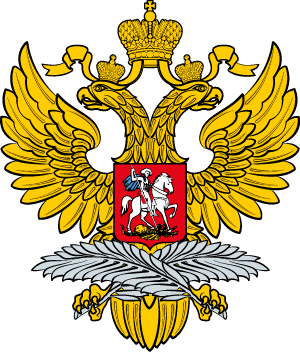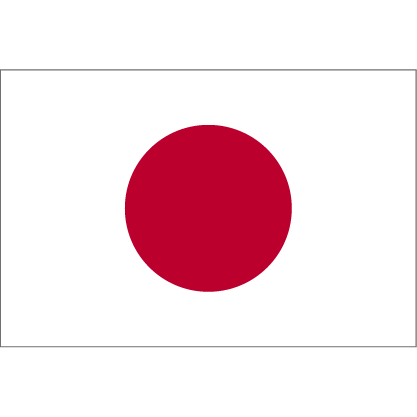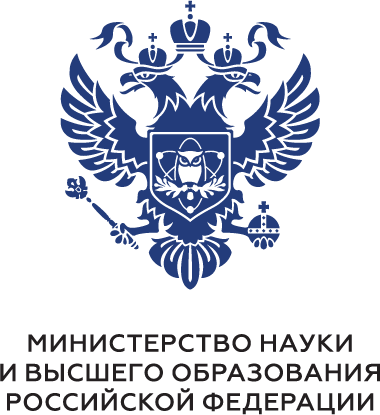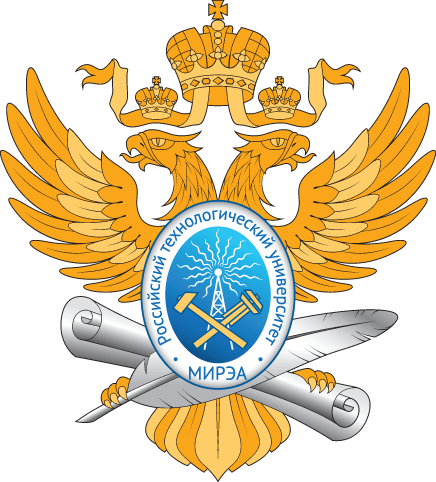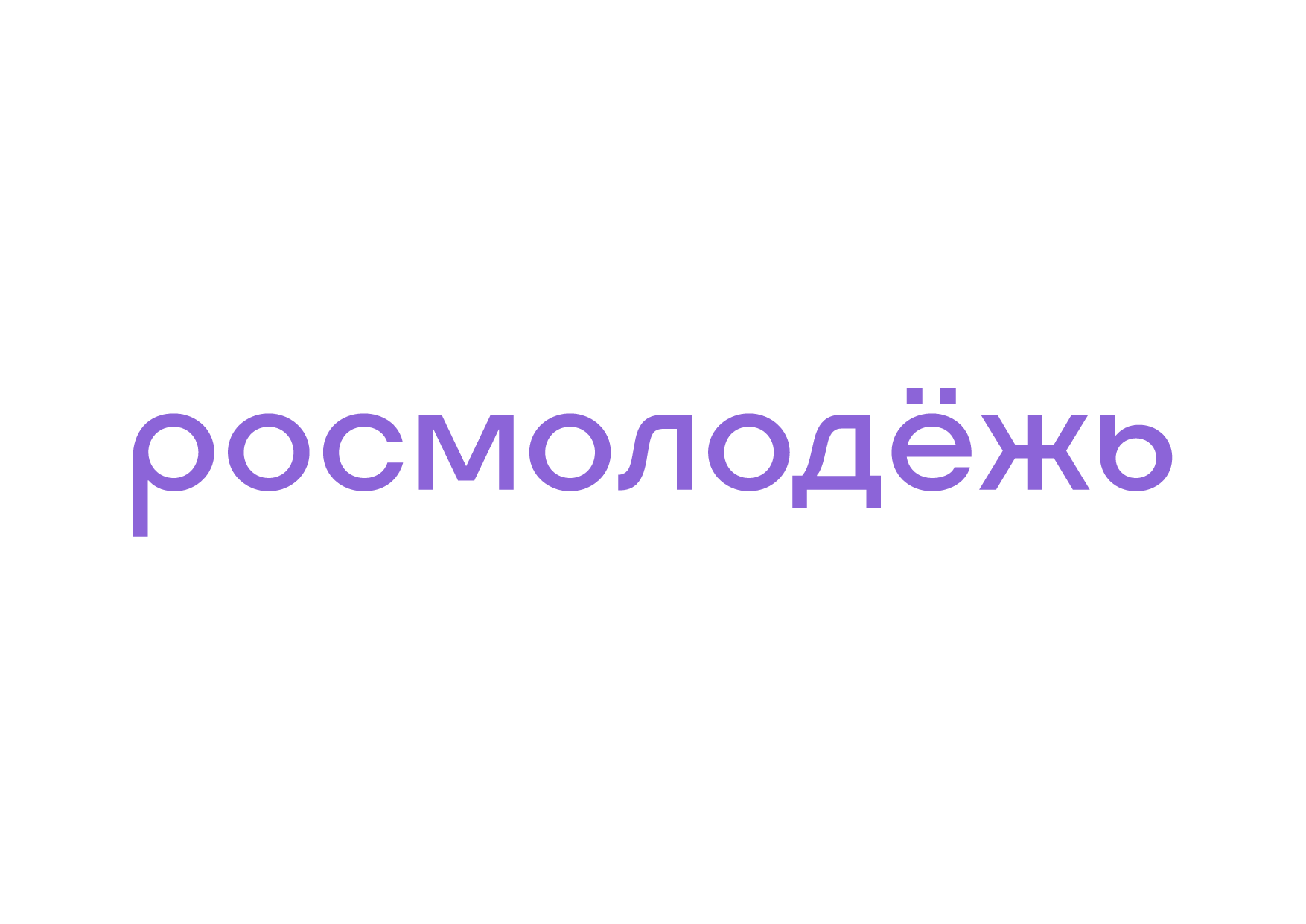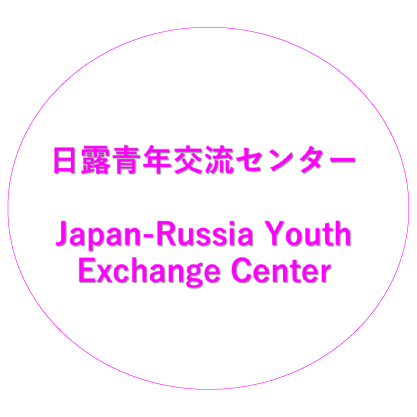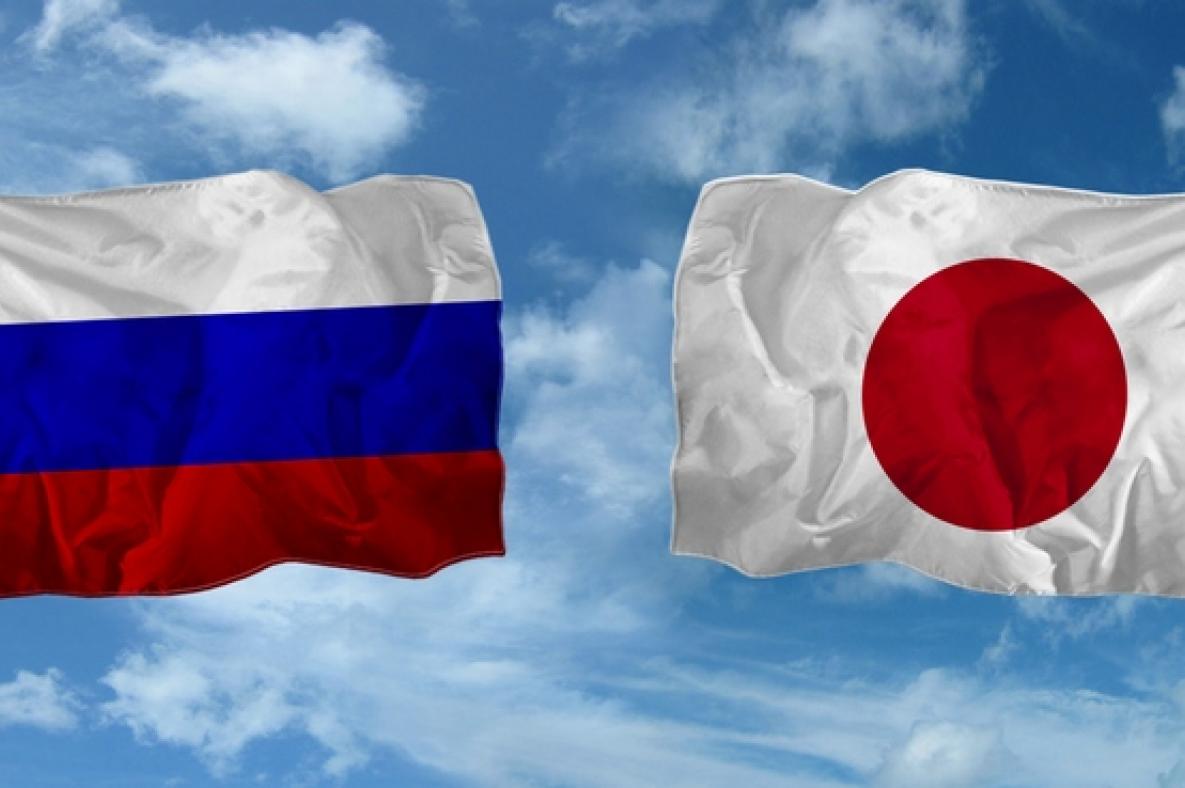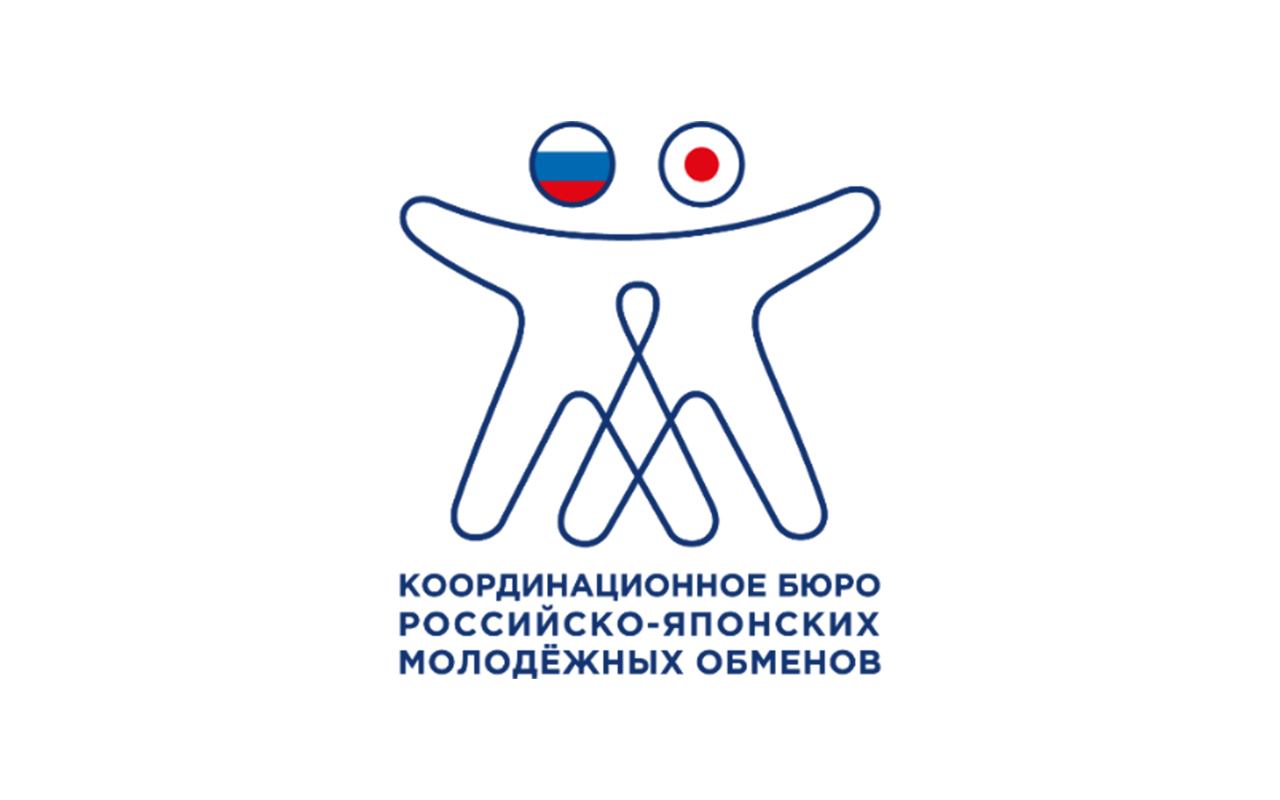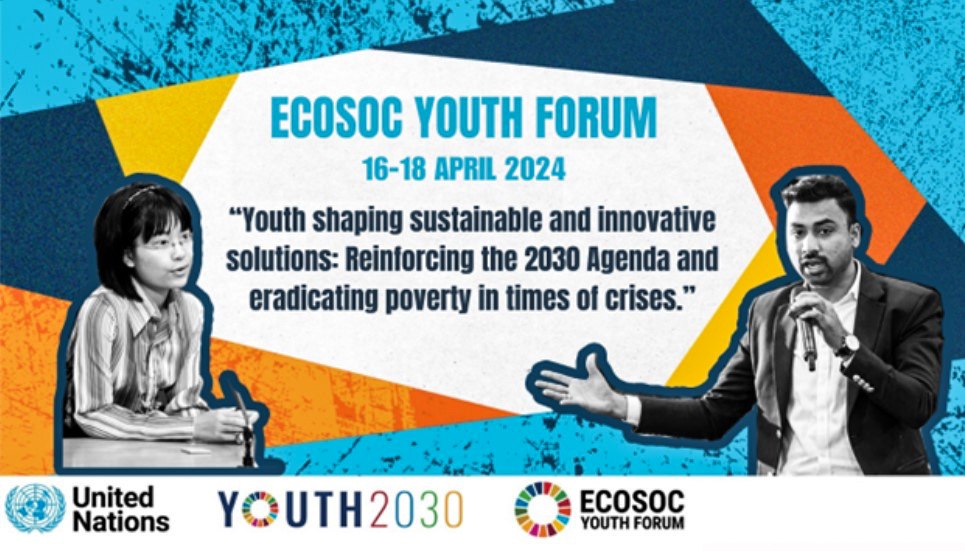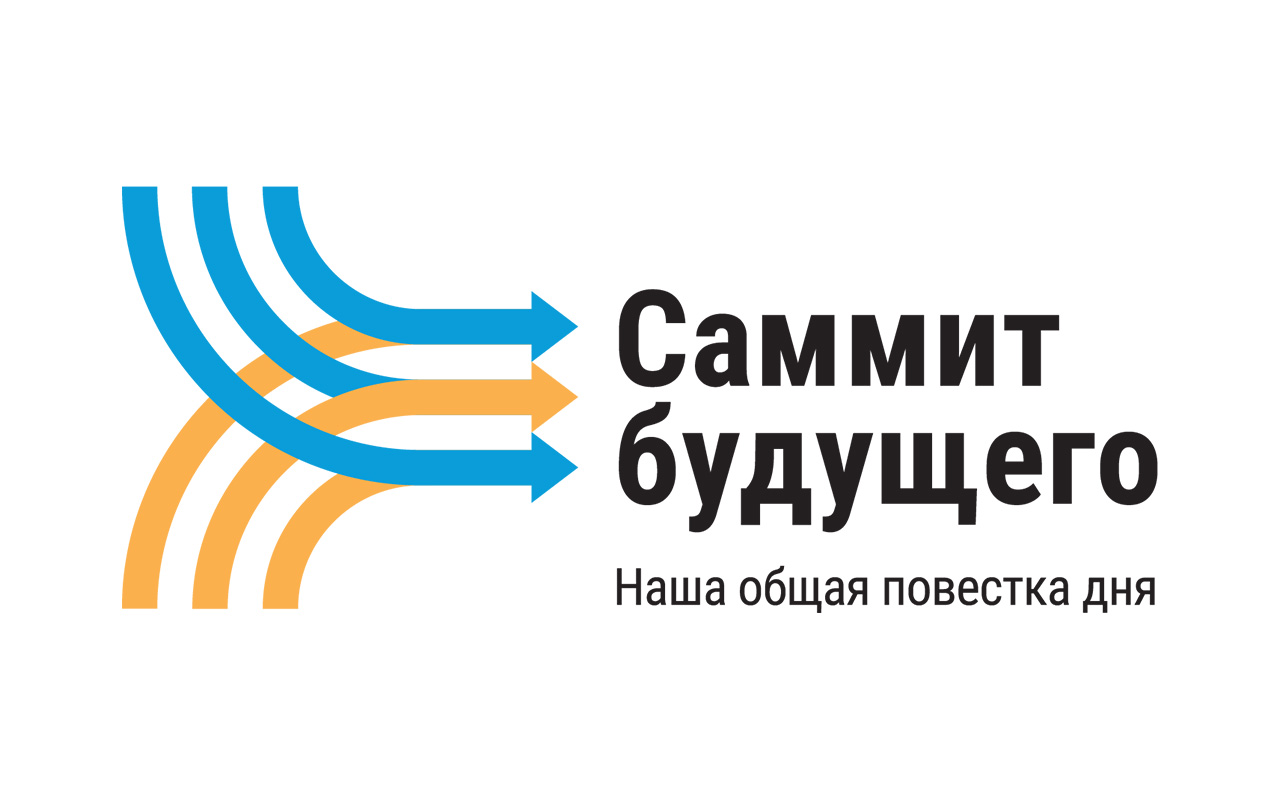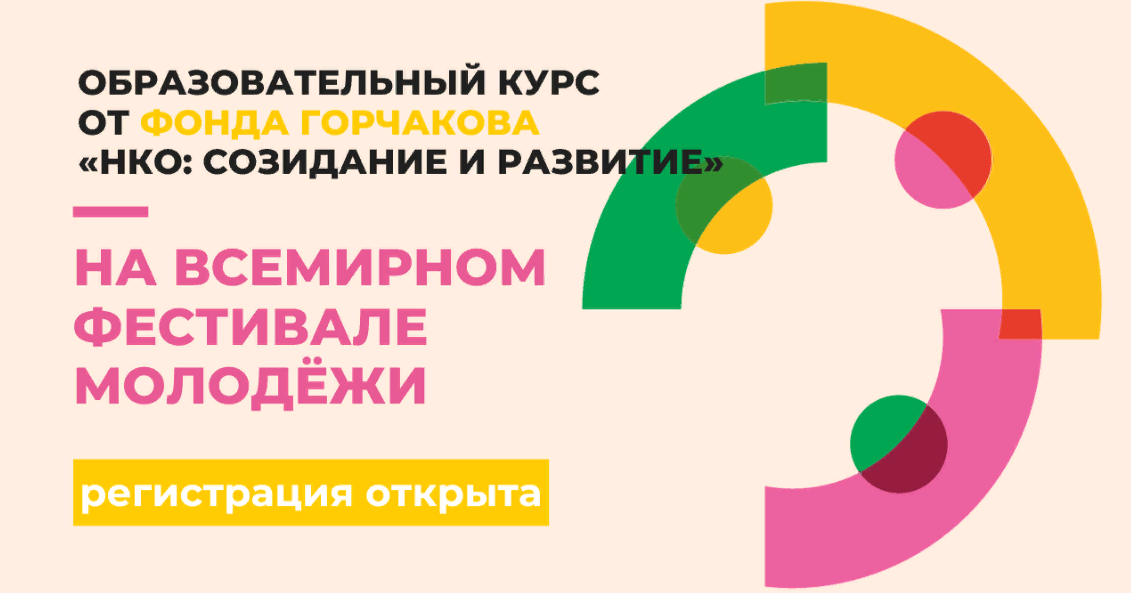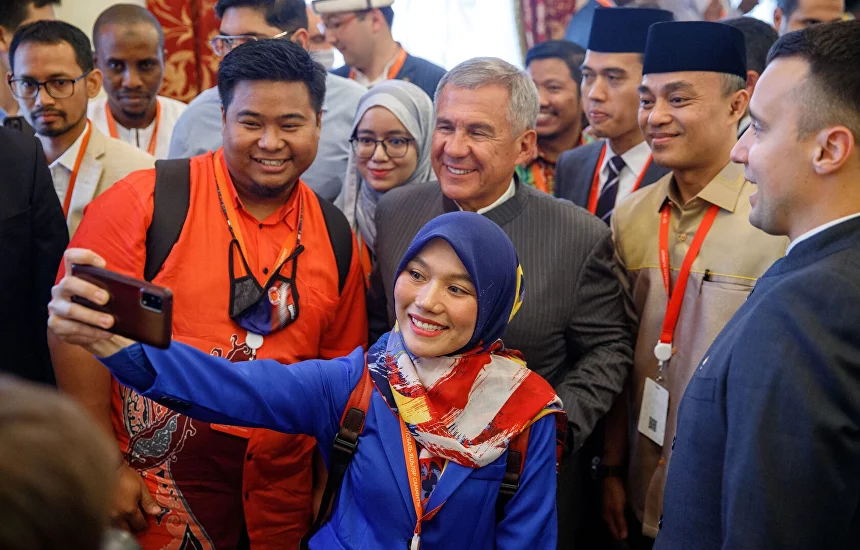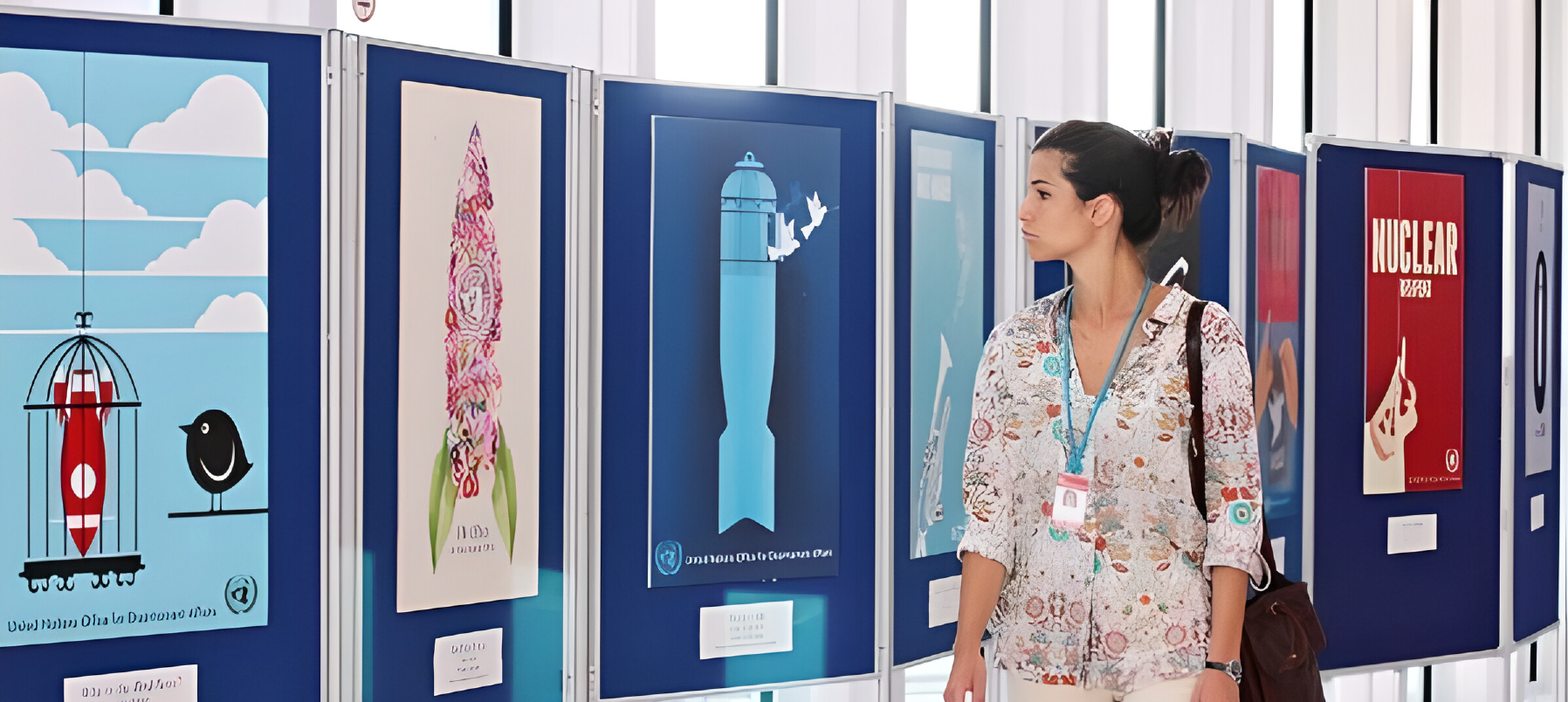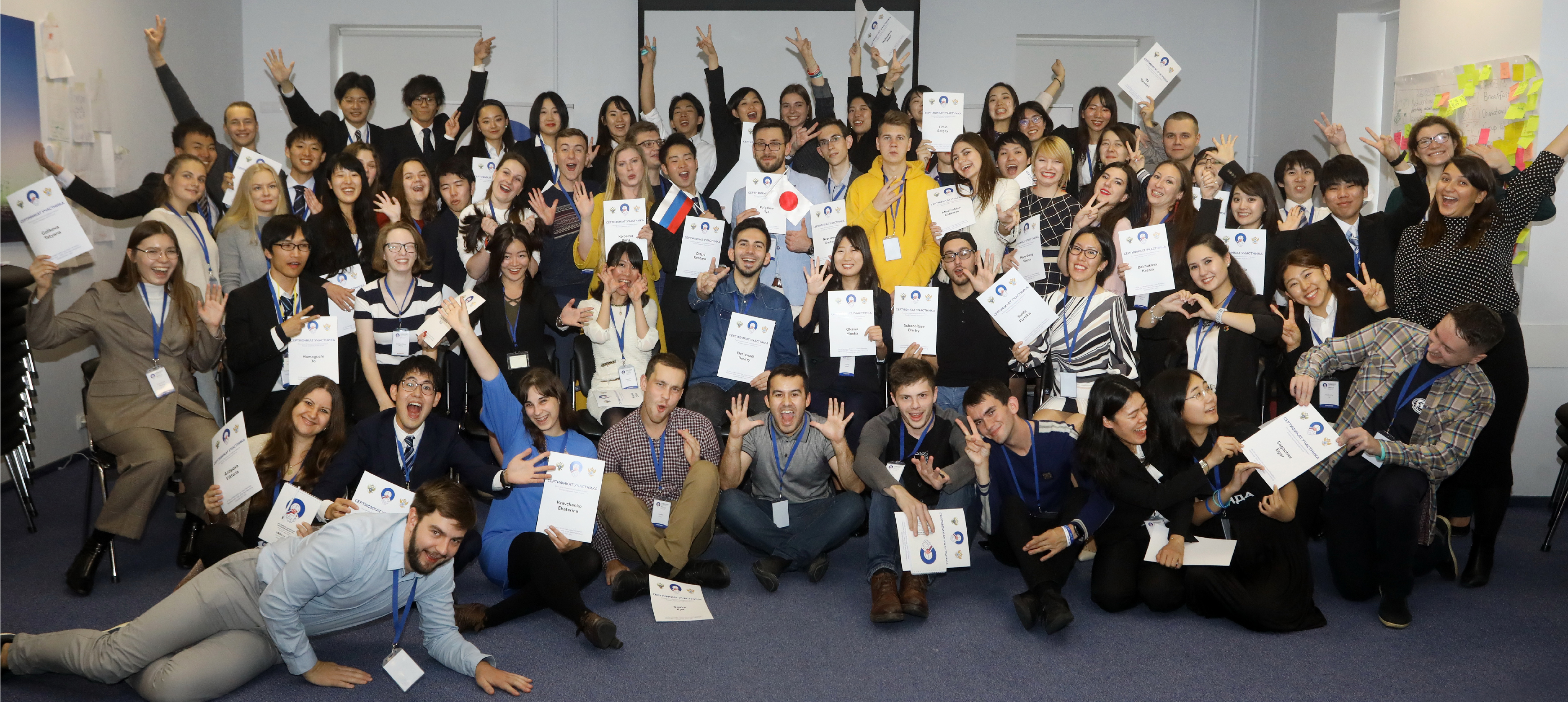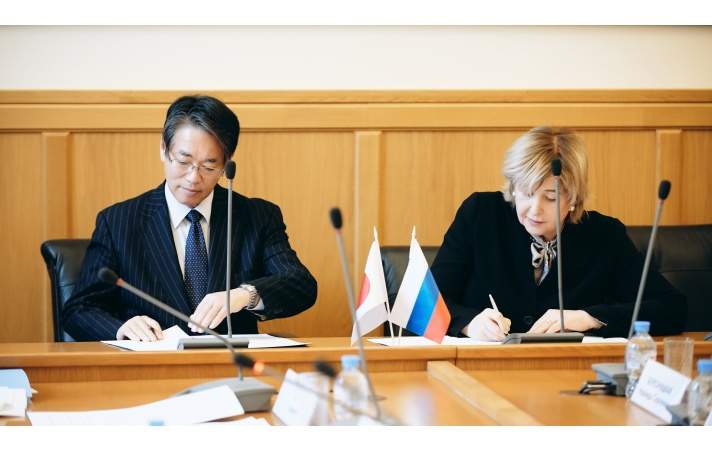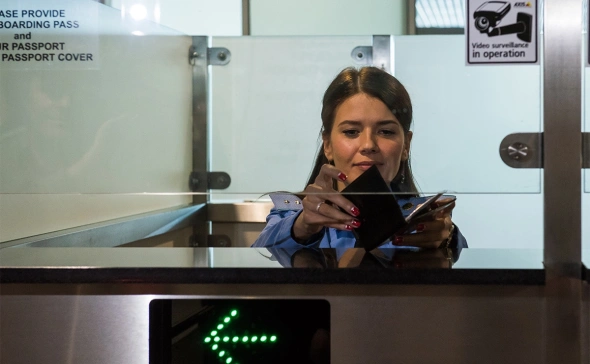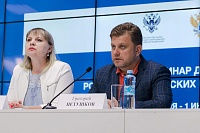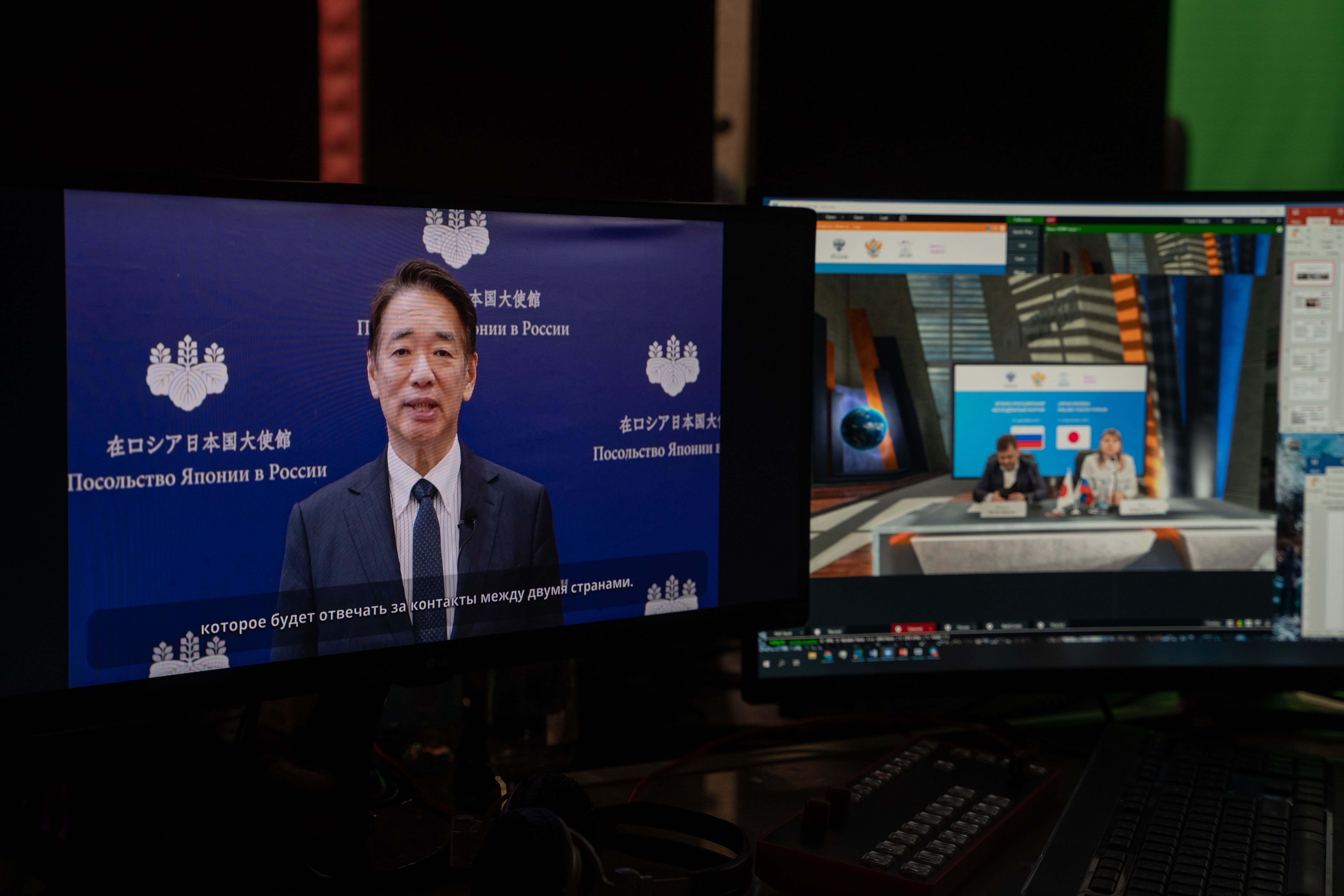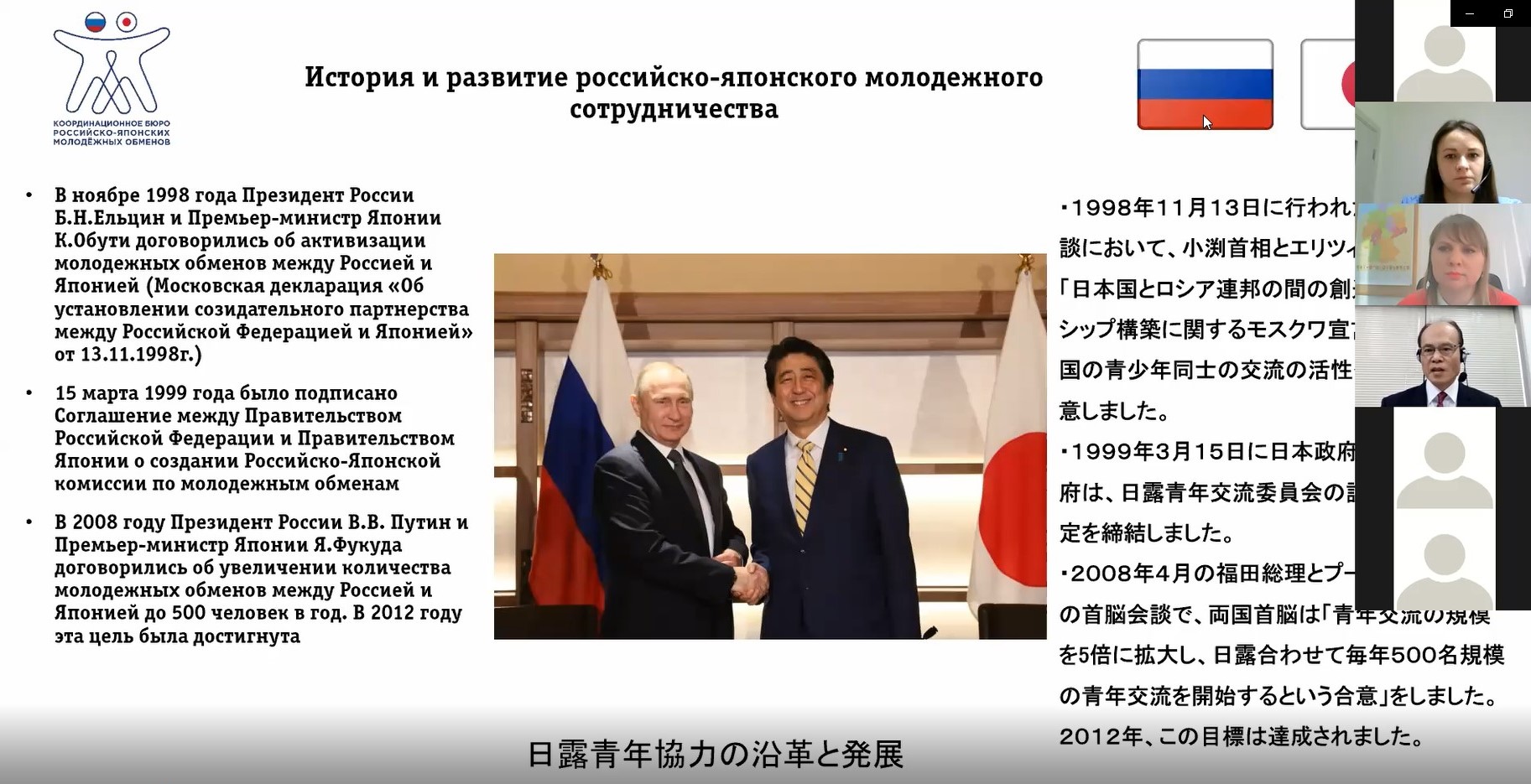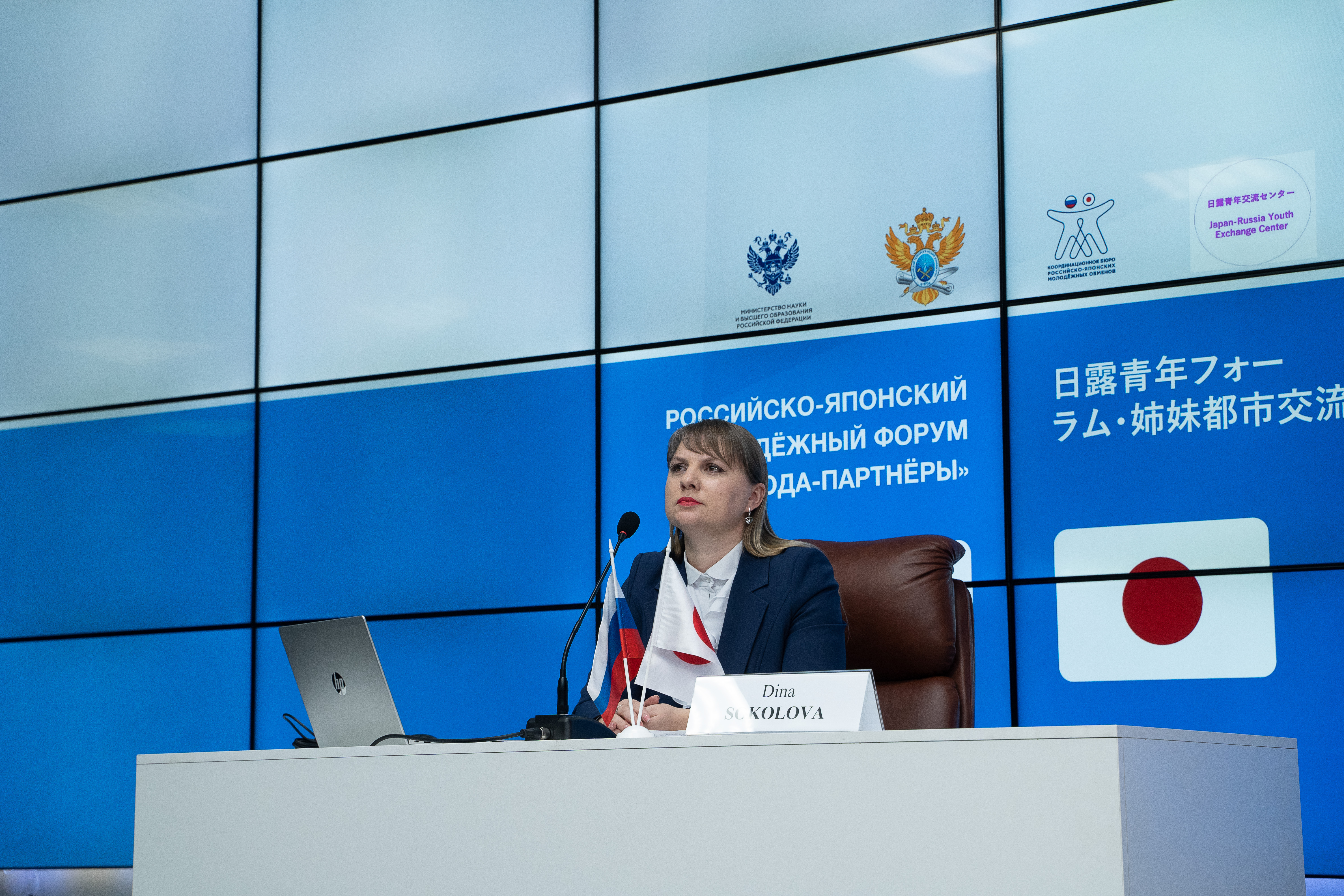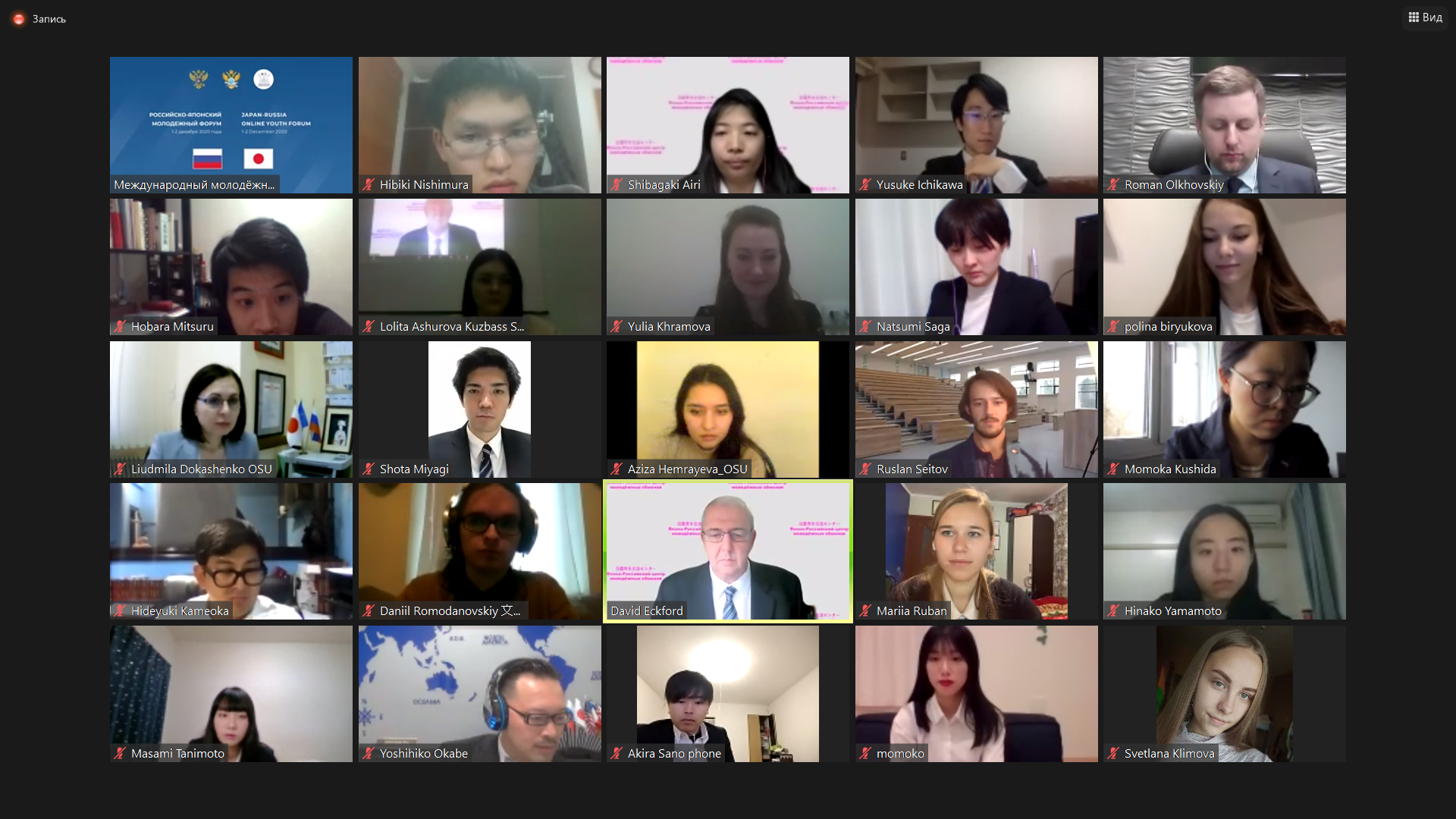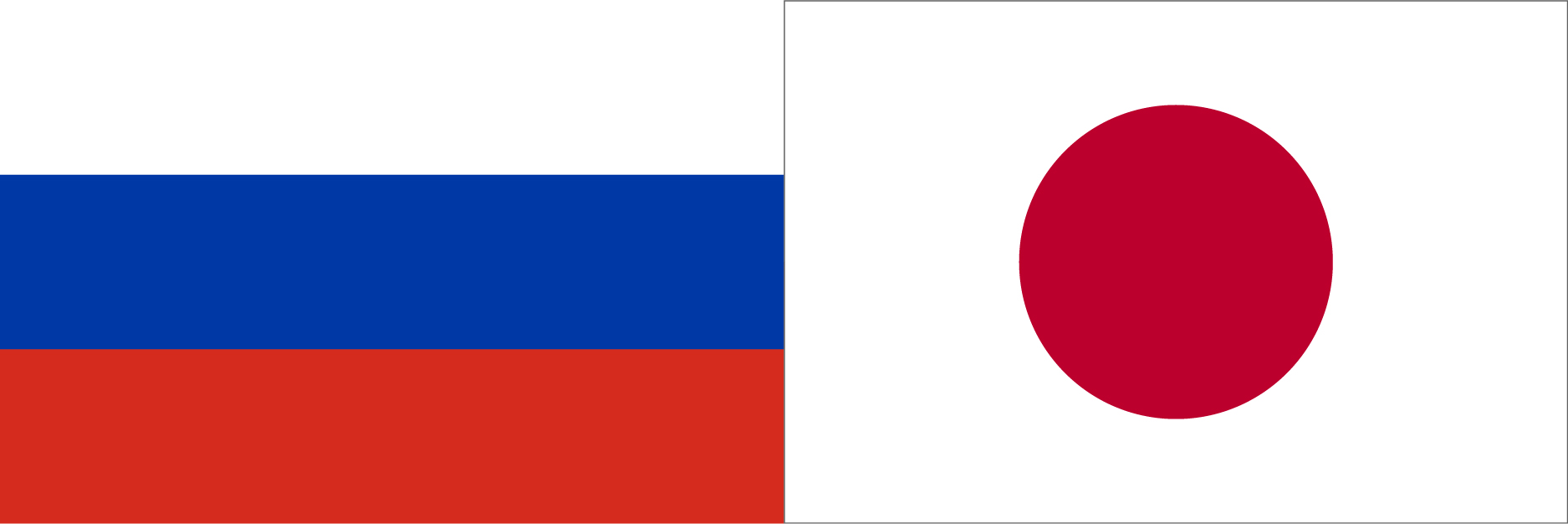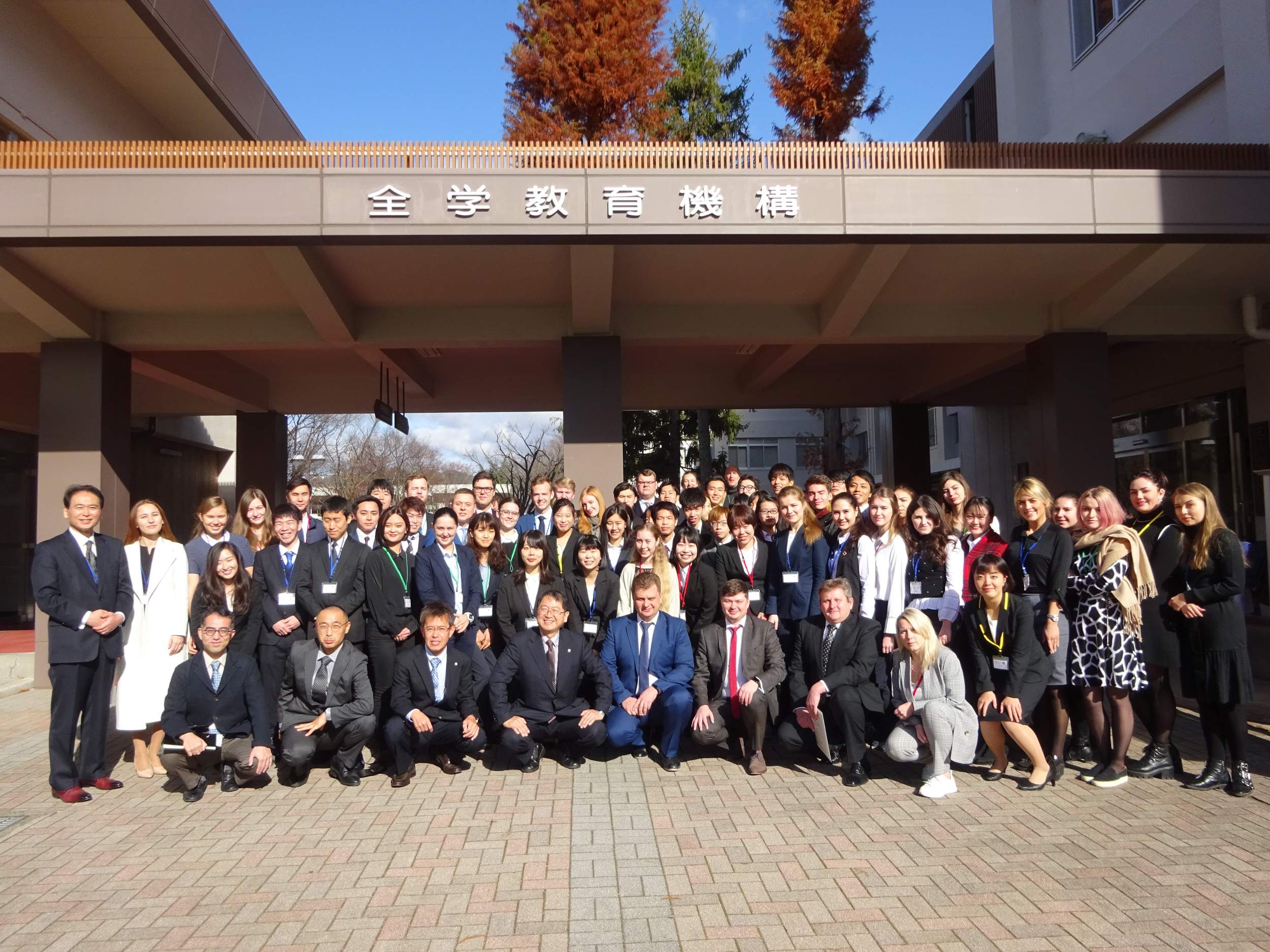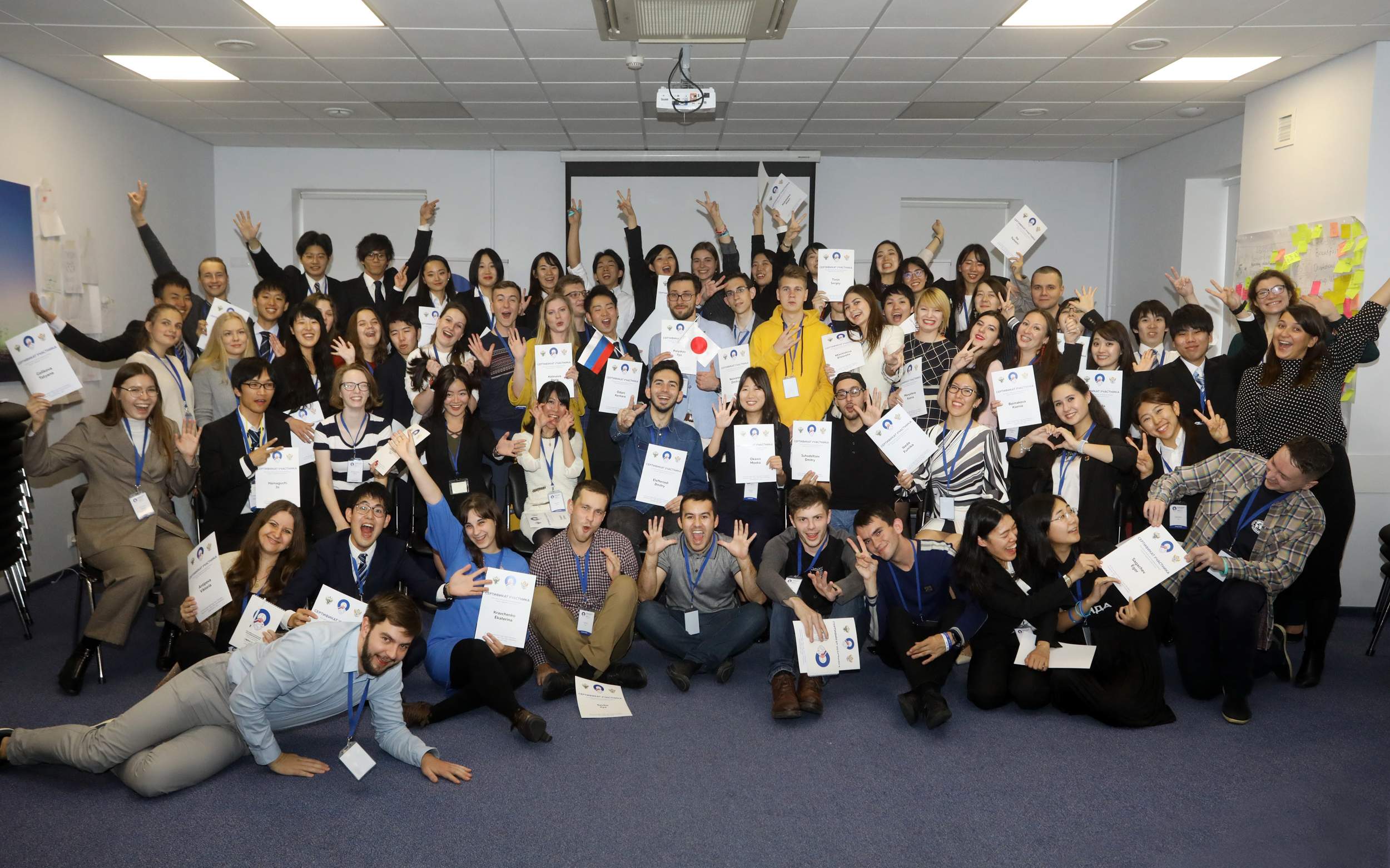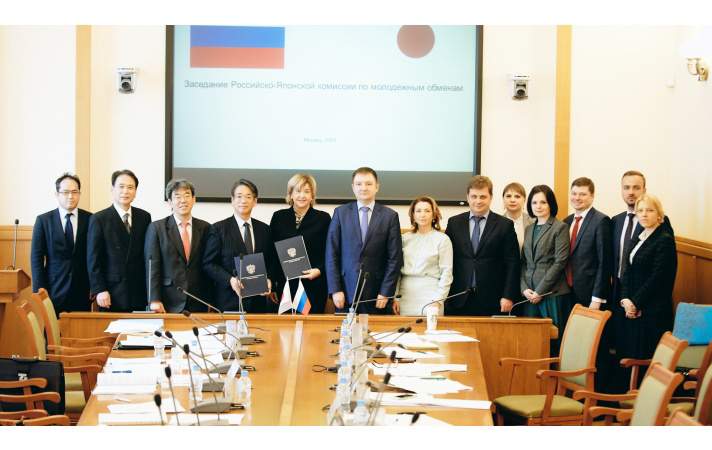The development of youth relations between Russia and Japan was largely facilitated by an active political dialogue at the highest level. In 1998 the President of the Russian Federation Boris Yeltsin and the Japanese Prime Minister Keizō Obuchi agreed to intensify Russian-Japan youth exchanges.
The legal foundation for the implementation of Russia-Japanese youth cooperation was the intergovernmental Agreement on the establishment of the Russian-Japanese Youth Exchange Commission signed on March 15, 1999.
The purpose of the Agreement is to expand youth exchange in order to further deepen mutual understanding between the peoples of Russia and Japan, to form in young people a correct and objective understanding of the importance of relations between two countries and a sense of responsibility for their further development.
From the Russian side the Ministry of Science and Higher Education of the Russian Federation is responsible for the implementation of the Agreement, and from the Japanese side the Ministry of Foreign Affairs of Japan is responsible.
In accordance with the Agreement, the Russia-Japanese Youth Exchange Commission, the Coordinating Bureau of Russian-Japanese Youth Exchanges (Moscow) and the Japan-Russia Youth Exchange Center (Tokyo) were established.
The powers of the Coordinating Bureau of Russian-Japanese Youth Exchanges are exercised by MIREA – Russian Technological University.
The Coordinating Bureau of Russian-Japanese Youth Exchanges and the Japan-Russia Youth Exchange Center jointly perform the functions of the Secretariat of the Russian-Japanese Youth Exchange Commission.
The foundation for the development of youth relations between Russia and Japan is also the intergovernmental Agreement on cultural relations of September 5, 2000. According to it, Russia and Japan promote cooperation and relations between youth and youth organizations.
In 2003 following the results of the negotiations of the President of the Russian Federation Vladimir Putin and the Prime Minister of Japan Junichiro Koizumi signed the Russian-Japanese Action Plan. It identified as one of the priorities the desire to improve youth exchange as well as encouraging the promotion of contacts between students, youth organizations and representatives of public organizations, including non-governmental organizations.
In 2008 the President of the Russian Federation Vladimir Putin and the Japanese Prime Minister Yasuo Fukuda agreed to increase the number of youth exchanges between Russia and Japan up to 500 people a year, and in 2012 this goal was achieved.
The main tool for implementing bilateral youth cooperation is the annual Plan of Russia-Japanese Youth Exchanges, within the framework of which on average every year (before the start of the Covid-19 pandemic) about 70 bilateral youth events were held in the fields of sports, culture, learning Russian and Japanese languages, ecology.
The key events of the Exchange Plan were the Russia-Japan Youth Forum and the Japan-Russia Youth Forum held annually in the Russian Federation and Japan, respectively before the Covid-19 pandemic. In 2020 and 2021 the forums were combined into one event and were held online. From 2015 to 2021 about 870 people (students, representatives of youth public organizations and young professionals) took part in the forums.
In 2021 under the auspices of the Year of Russia-Japanese Interregional and Sister-City Exchanges, on the initiative of the Coordinating Bureau of Russian-Japanese Youth Exchanges and the Japan-Russia Youth Exchange Center, the Russia-Japanese Youth Forum on the topic "Partner Cities" was held for the first time.
Since 1988 the Cabinet of Ministers of Japan has been implementing the Ship for World Youth international exchange program for young leaders of the world aimed at strengthening mutual understanding and friendship between Japanese youth and youth from other countries, developing young people's communication skills with representatives of other cultures, developing leadership and managerial qualities, educating youth in the spirit of international cooperation. More than 7,000 people from 66 countries, including the Russian Federation, are graduates of the Program. The Ship for World Youth Alumni Association (SWYAA Russia) operates in Russia.
In 2022 at the initiative of the Japanese side the implementation of bilateral youth projects and programs was suspended.
Source: Sokolova D. International cooperation of the Russian Federation in the field of youth policy // 30 years of state youth policy of the Russian Federation / MIREA – Russian Technological University. – M., 2022. – P. 225–333.
Regulatory legal acts:
Agreement between the Government of the Russian Federation and the Government of Japan on the establishment of the Russian-Japanese Youth Exchange Commission of March 15, 1999
Agreement between the Government of the Russian Federation and the Government of Japan on cultural relations of September 5, 2000
Decree of the Government of the Russian Federation No. 2403 of September 19, 2020
Minutes of the meeting of the Russian-Japanese Youth Exchange Commission (2021)




